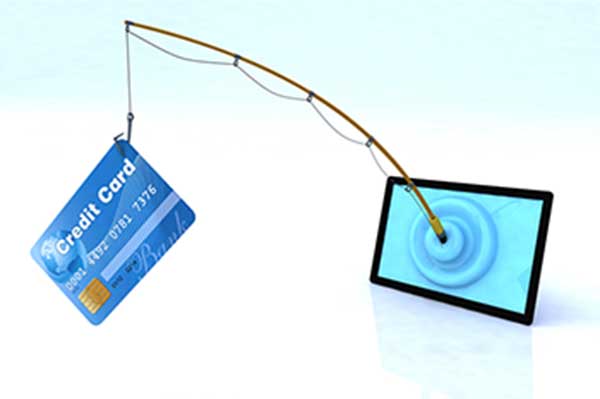
As a frequent email user, you constantly face the dangers of phishing attacks. As the primary method of attack for cyber hackers, they craft their emails to make it seem like they work with a credible, familiar company. They use scare tactics by loading the emails with urgent requests and emotional words to lure the victim to respond with login credentials or other personal data.
With regular phishing email attempts, the messages are usually not personalized, so it’s easier to spot suspicion. You’ll usually see “Dear sir or madam” or simply “Hello” as the greeting. But as the security against these hackers grows, so do the hackers’ intelligence. The latest trend in the cyber hacking business is known as spear phishing. These hackers know your name, what companies you regularly follow, as well as your close friends on the web.
What is spear phishing?
According to Norton, an anti virus software company, spear phishing hackers thrive on familiarity to entice their victims. These hackers have followed you around all over the web — from social media sites to your internet browser. These hackers craft emails that address you directly by name, and are made to look like they are from a company or acquaintance who you know personally.
For example, say you post on a social networking site telling your friend about your newest shoe purchase. Hackers can use this against you by trying to pose as a friend and sending you an email asking you to try out a new shoe site and that asks you for login information.
How can I prevent becoming a victim to spear phishing?
One way to prevent cyber hackers from spear phishing your inbox is to be cautious with your online presence. Ask yourself how much information is on the web that could potentially be pieced together to scam you. Have you posted something that reveals too much?
Another way to ensure cyber safety is to have completely different passwords for every virtual login. Don’t make it any easier for a scammer to steal from you. If they only uncover one password, they can’t take anything else from on other sites.
Use common sense
If you receive an email from a “friend” asking you for a password, call them up to see if it’s legitimate. If you receive a suspicious email from a bank, call it to double check. Also, most banks offer an email address to forward potential phishing emails.


